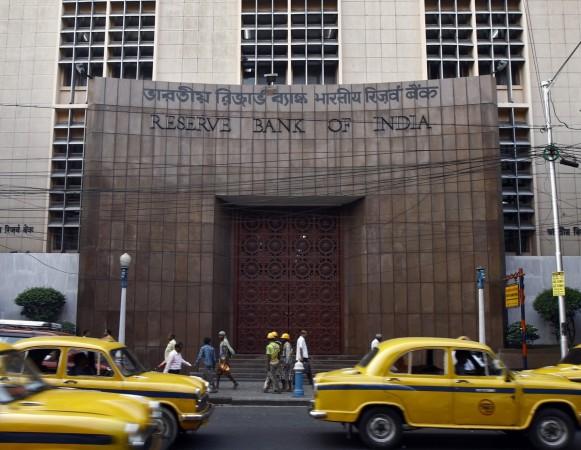Reserve Bank of India's Deputy Governor R Gandhi reiterated the central bank's stand on the need for lenders to improve asset quality.
This comes in the wake of major banks filing for higher provisions on their Q3 balance sheet to account for loans that are beginning to turn sour, or already have. Overall, bad loans have continued to weigh on banking sector earnings.

In a few cases, loan accounts that had already been restructured have also turned sour, accounting for so-called slippage.
"Asset quality has always been a concern after the financial crisis that has happened," Gandhi stressed while speaking to reporters in Mumbai.
The RBI has continuously been warning banks on slippage of stressed assets and has been guiding banks in recovering bad debts, said Reuters.
Stressed assets in the Indian banking sector is estimated at more than $96.7 billion, with bad and restructured loans amounting to more than a tenth of all loans made.
















